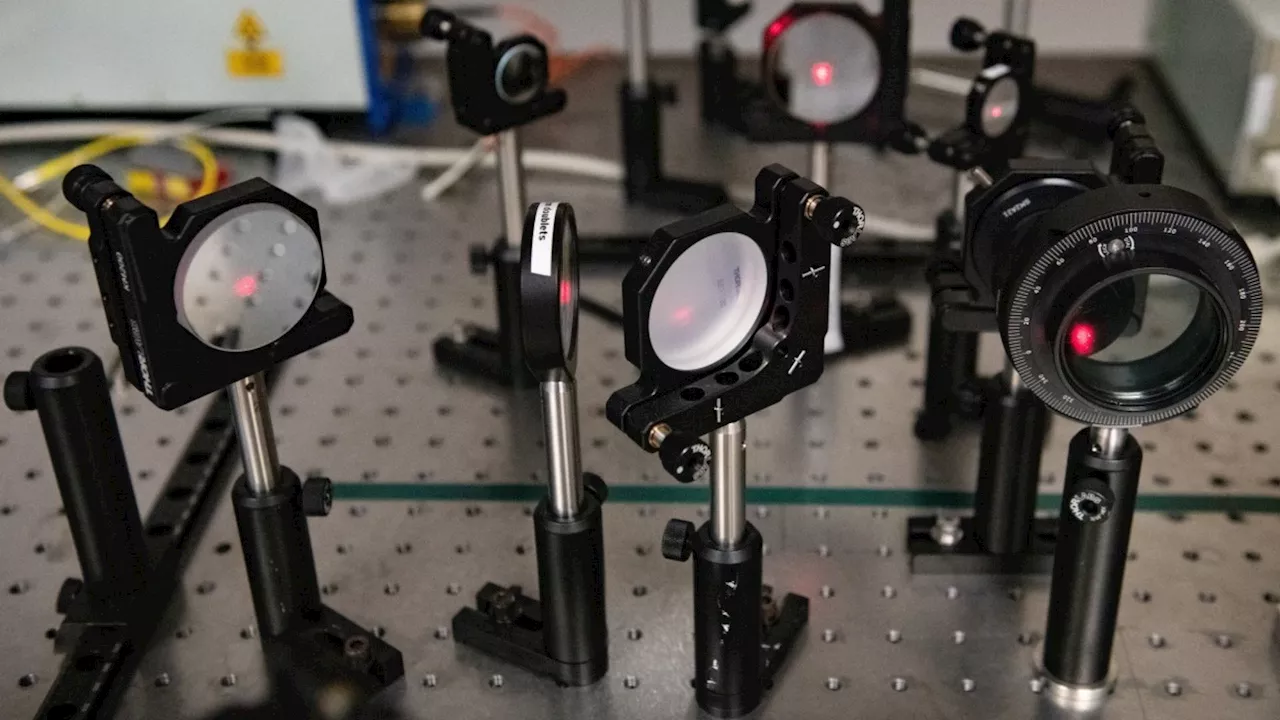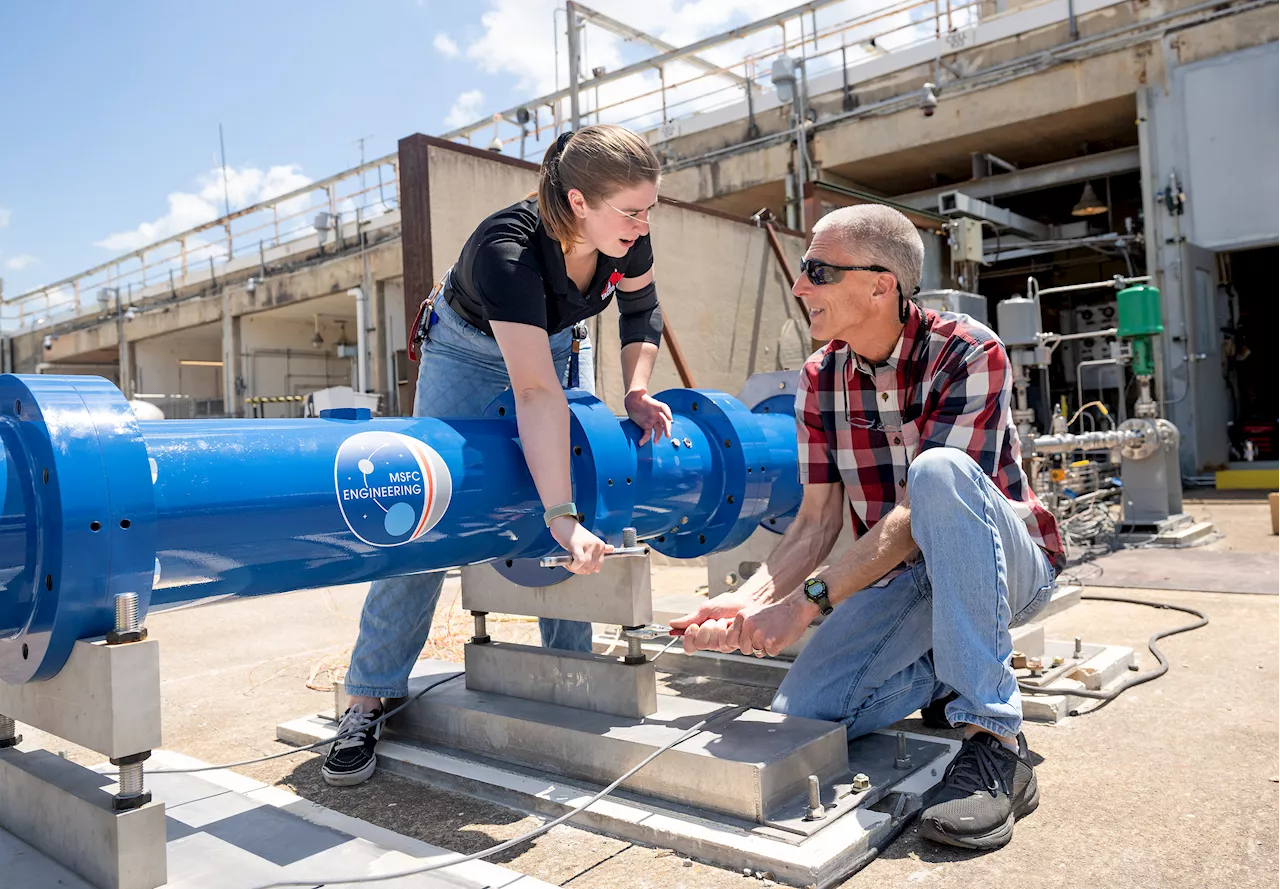Researchers have been studying the industrial production of ammonia for a century. But they've struggled to find ways to improve the low-yield, low-efficiency process.
Engineers develop general, high-speed technology to model, understand catalytic reactions retrieved 5 August 2024 from https://phys.org/news/2024-08-general-high-technology-catalytic-reactions.html
This document is subject to copyright. Apart from any fair dealing for the purpose of private study or research, no part may be reproduced without the written permission. The content is provided for information purposes only.Use this form if you have come across a typo, inaccuracy or would like to send an edit request for the content on this page. For general inquiries, please use ourThank you for taking time to provide your feedback to the editors.
Your feedback is important to us. However, we do not guarantee individual replies due to the high volume of messages.to let the recipient know who sent the email. Neither your address nor the recipient's address will be used for any other purpose. The information you enter will appear in your e-mail message and is not retained by Phys.org in any form.Get weekly and/or daily updates delivered to your inbox.
Physics News Science News Technology News Physics Materials Nanotech Technology Science
United States Latest News, United States Headlines
Similar News:You can also read news stories similar to this one that we have collected from other news sources.
 Engineers develop advanced optical computing method for multiplexed data processing and encryptionEngineers at the University of California, Los Angeles (UCLA) have unveiled a major advancement in optical computing technology that promises to enhance data processing and encryption. The work is published in the journal Laser & Photonics Reviews.
Engineers develop advanced optical computing method for multiplexed data processing and encryptionEngineers at the University of California, Los Angeles (UCLA) have unveiled a major advancement in optical computing technology that promises to enhance data processing and encryption. The work is published in the journal Laser & Photonics Reviews.
Read more »
 Village of Dot Lake sues U.S. Army Corps of Engineers over Manh Choh approvalThe suit alleges the Corps issued a permit for the Manh Choh Mine “without meaningfully consulting with the Tribe or conducting the environmental reviews necessary to adequately analyze the impacts of the mine.”
Village of Dot Lake sues U.S. Army Corps of Engineers over Manh Choh approvalThe suit alleges the Corps issued a permit for the Manh Choh Mine “without meaningfully consulting with the Tribe or conducting the environmental reviews necessary to adequately analyze the impacts of the mine.”
Read more »
 Texas engineers blast plastic with laser to extract valuable chemicalsThis method could significantly enhance the disposal of plastics that are almost impossible to break down with existing technologies.
Texas engineers blast plastic with laser to extract valuable chemicalsThis method could significantly enhance the disposal of plastics that are almost impossible to break down with existing technologies.
Read more »
 NASA Marshall Engineers Unveil Versatile, Low-cost Hybrid Engine TestbedNASA Marshall engineers have unveiled an innovative, 11-inch hybrid engine testbed that promises low-cost, quick-turnaround testing solutions for advanced rocket motor hardware, component materials, and propellants.
NASA Marshall Engineers Unveil Versatile, Low-cost Hybrid Engine TestbedNASA Marshall engineers have unveiled an innovative, 11-inch hybrid engine testbed that promises low-cost, quick-turnaround testing solutions for advanced rocket motor hardware, component materials, and propellants.
Read more »
 Engineers' probe could help advance treatment for spinal cord disease, injuryNeuroscientists have used a nanosized sensor to record spinal cord neurons in free-moving mice, a feat that could lead to the development of better treatments for spinal cord disease and injury.
Engineers' probe could help advance treatment for spinal cord disease, injuryNeuroscientists have used a nanosized sensor to record spinal cord neurons in free-moving mice, a feat that could lead to the development of better treatments for spinal cord disease and injury.
Read more »
 Engineers build optical elements for the Coronagraph Instrument of the Roman Space TelescopeEngineers and scientists of the Max Planck Institute for Astronomy (MPIA), led by Oliver Krause, developed crucial optical elements for the Coronagraph Instrument (CGI) of the Roman Space Telescope and delivered them to the Jet Propulsion Laboratory (JPL) in the U.S.
Engineers build optical elements for the Coronagraph Instrument of the Roman Space TelescopeEngineers and scientists of the Max Planck Institute for Astronomy (MPIA), led by Oliver Krause, developed crucial optical elements for the Coronagraph Instrument (CGI) of the Roman Space Telescope and delivered them to the Jet Propulsion Laboratory (JPL) in the U.S.
Read more »
